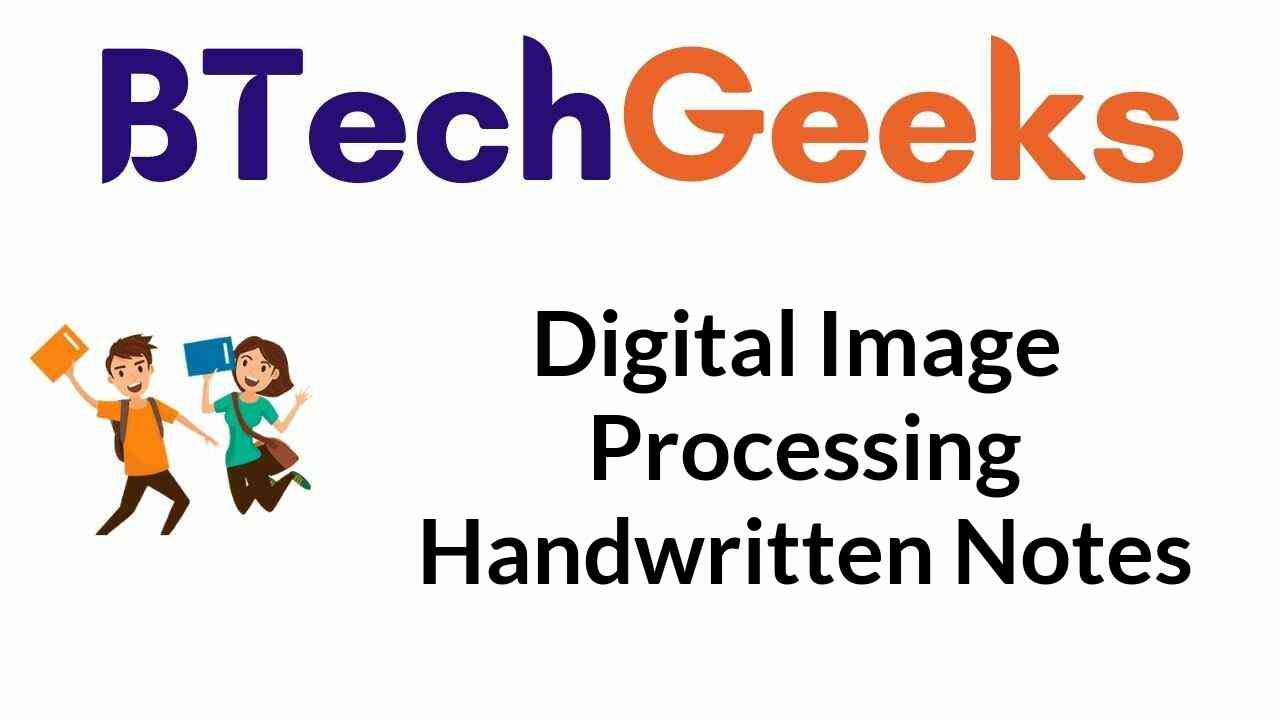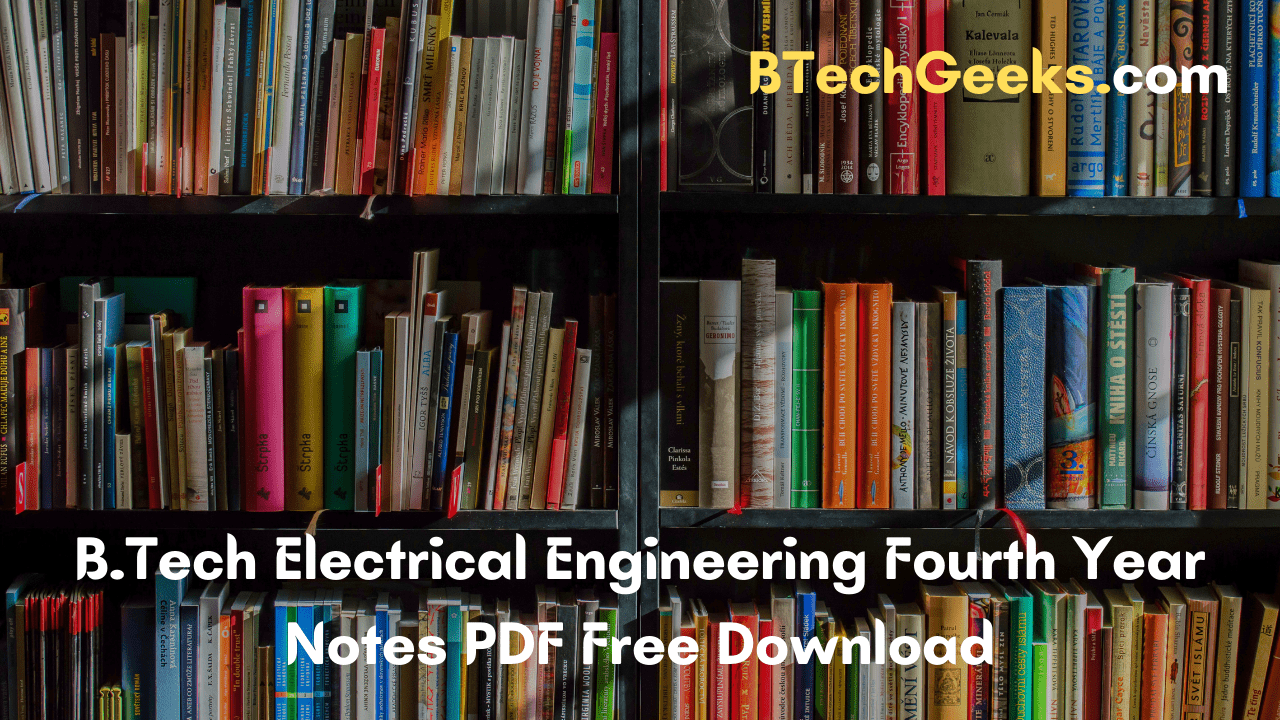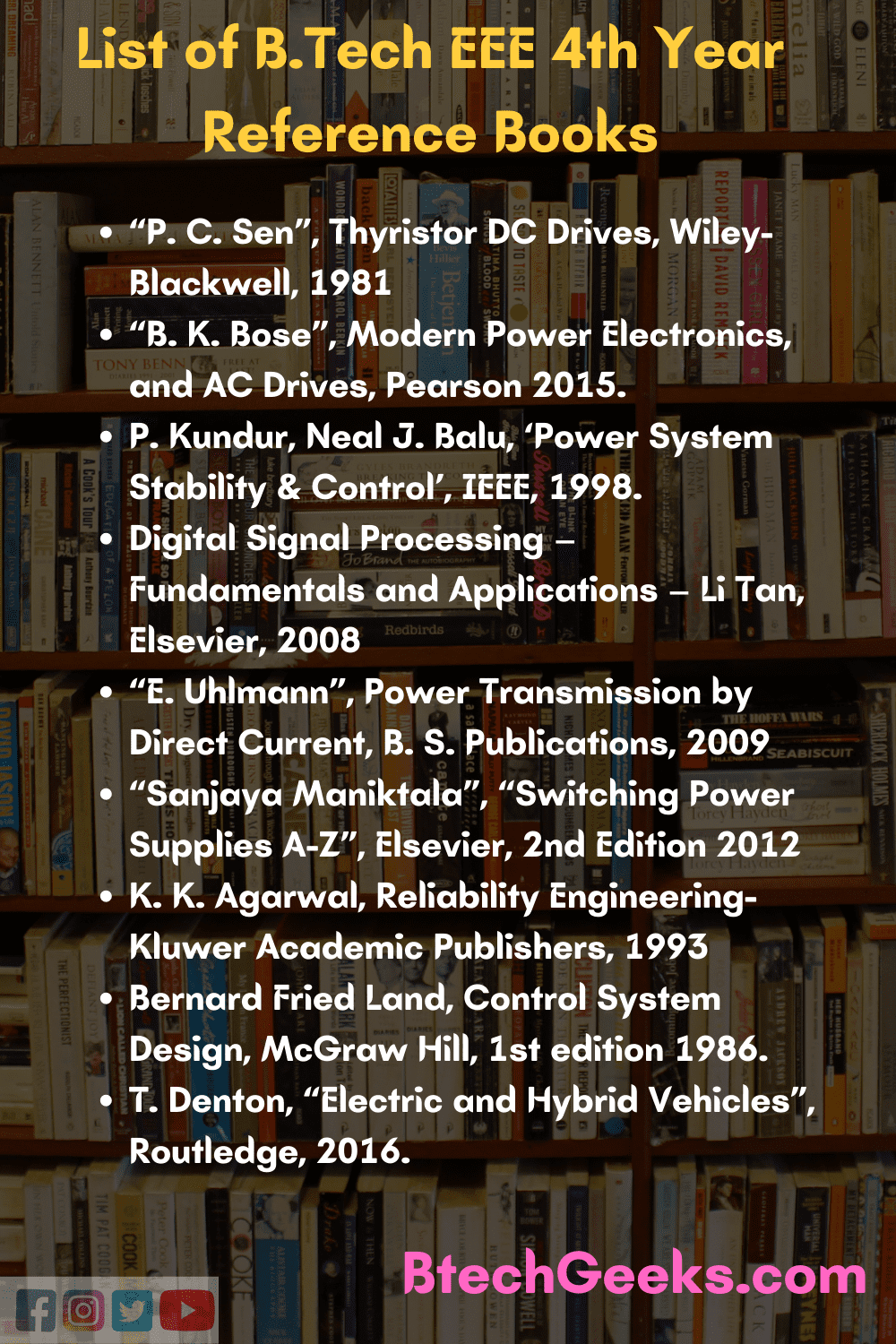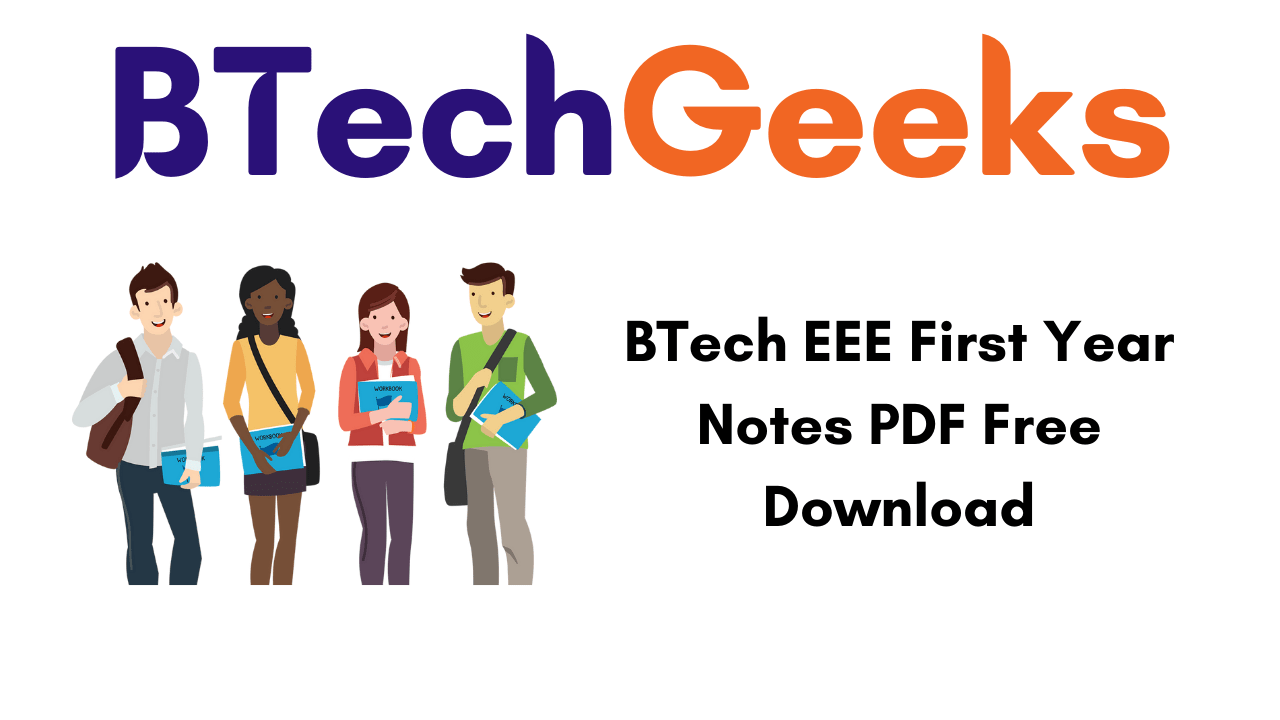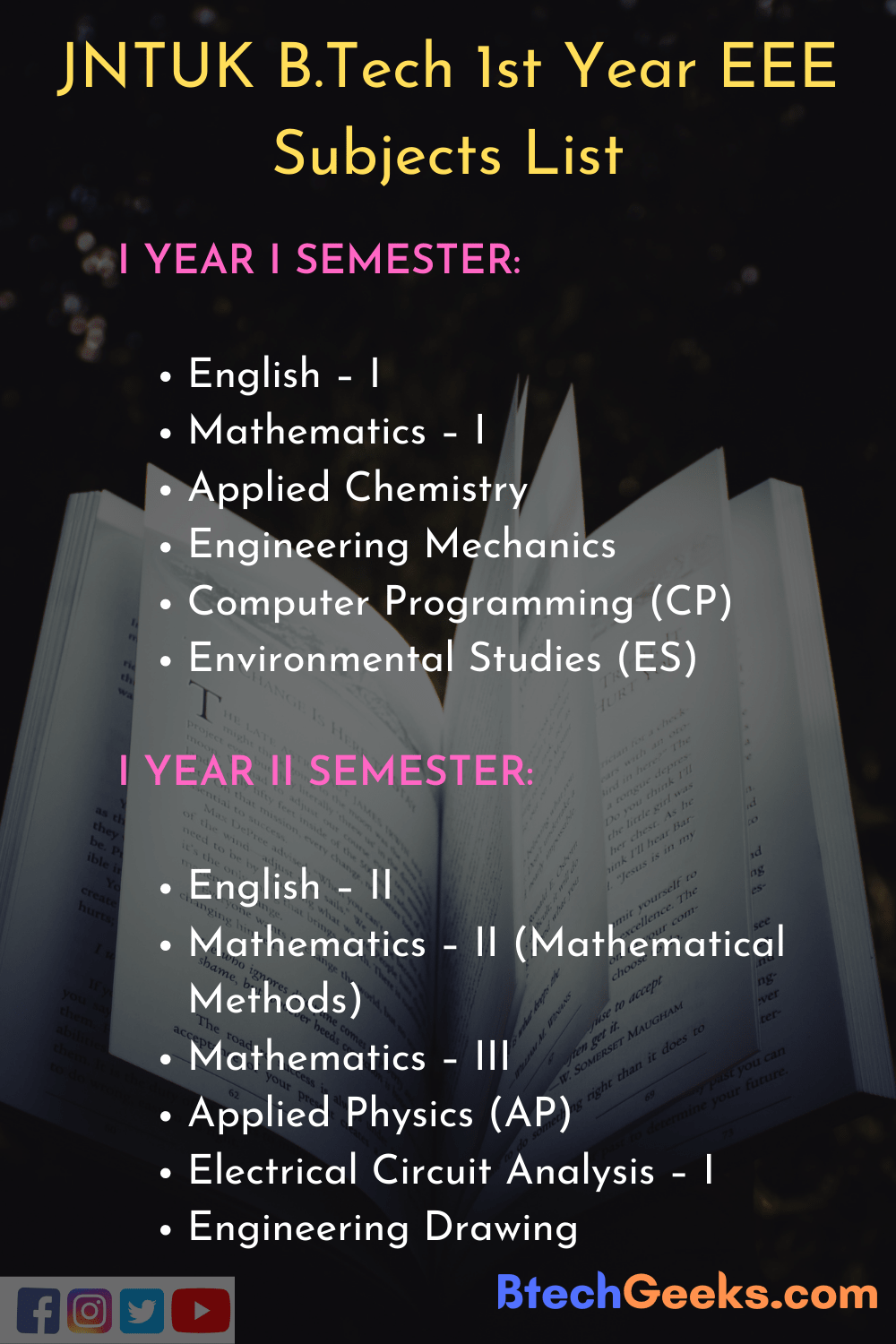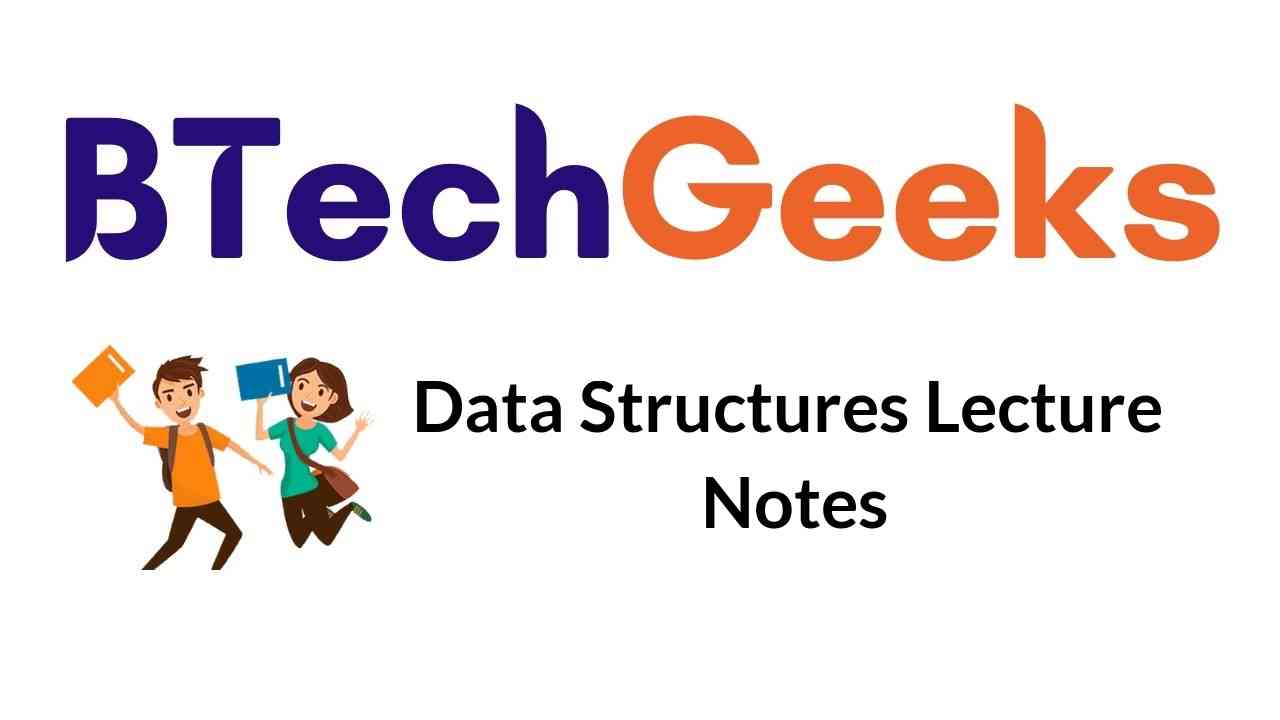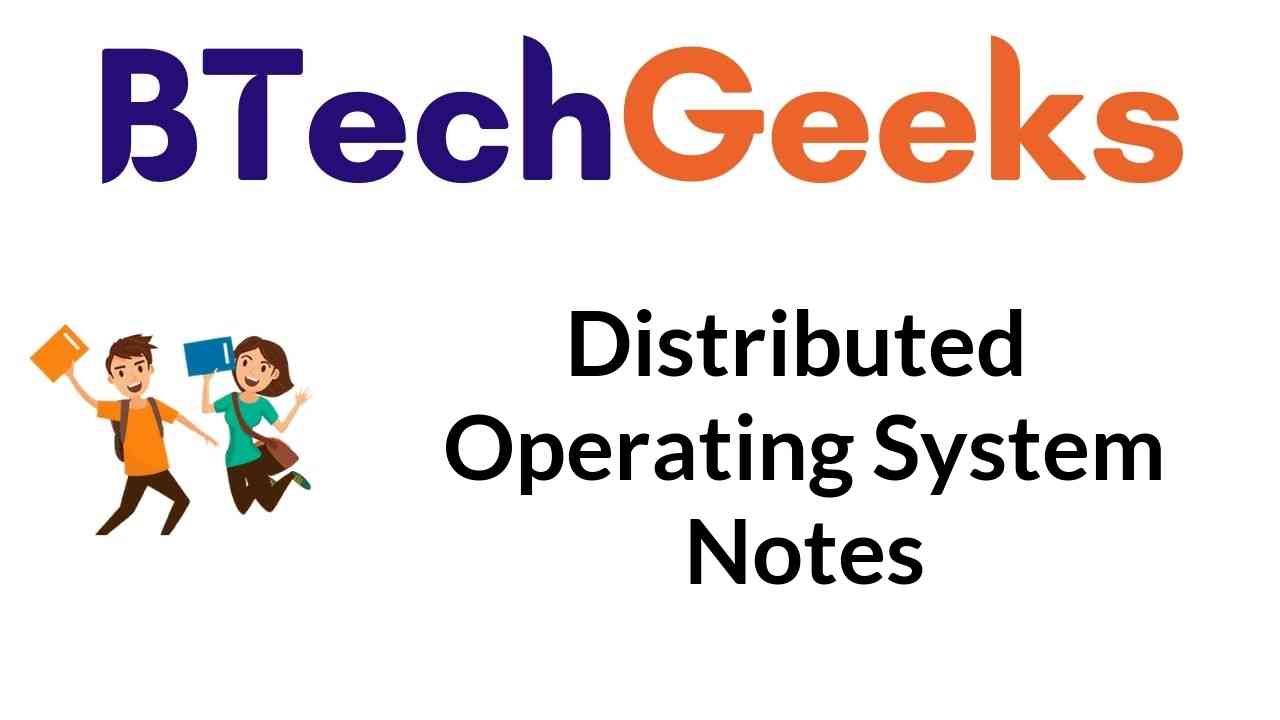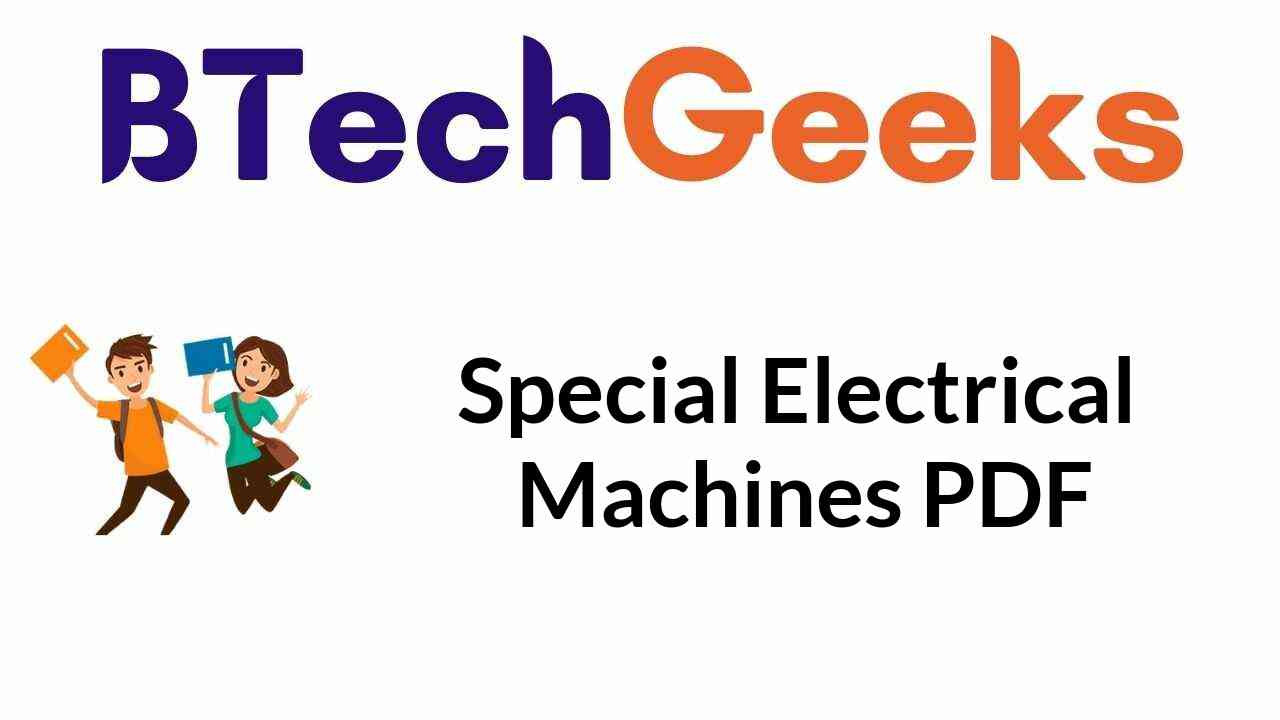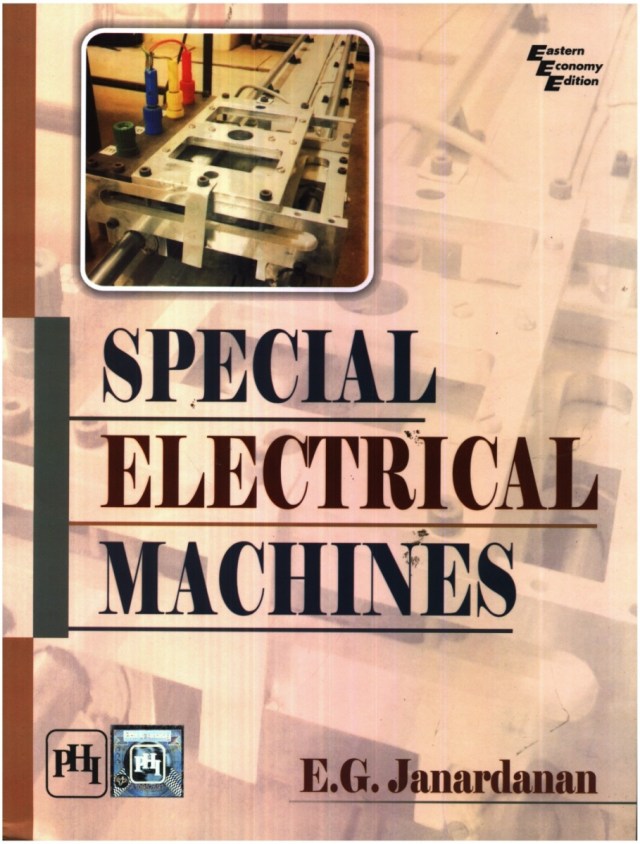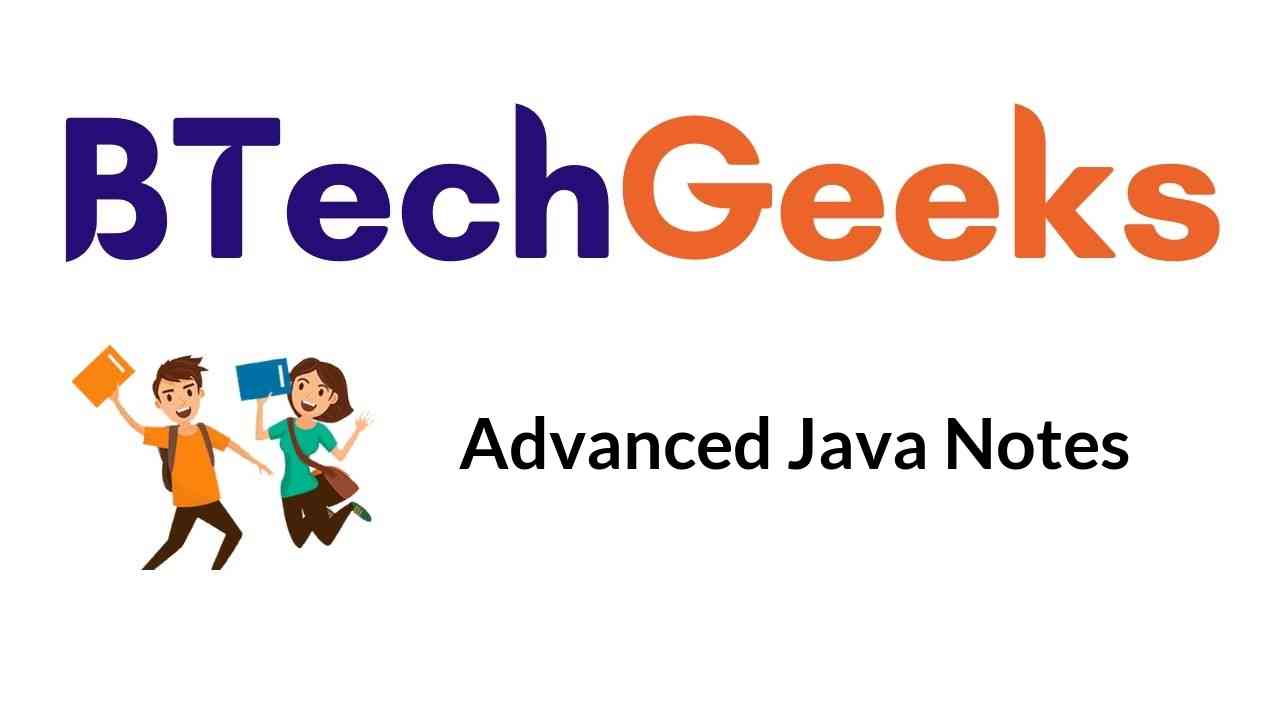Digital Image Processing Handwritten Notes: Aspirants looking to get hold of the Digital Image Processing Handwritten Study Material and Notes can access the best notes for their preparation process or to have a revision of essential concepts.
The Digital Image Processing Handwritten Notes and Study Materials acts as the principal study material and notes that foster and enhance better preparation and helps students score better grades. Students can refer to the Digital Image Processing Handwritten Notes as per the latest curriculum from this article. Students can refer to the Big Data Lecture Notes For CSE as per the latest and updated syllabus from this article.
Digital Image Processing Handwritten Notes give aspirants a head start as they will also acquire the latest Syllabus, Reference Books, and Important Questions List for Digital Image Processing Handwritten notes over regular notes. Digital Image Processing Handwritten Notes and Study Material PDF Free Download.
Participants can benefit from the Digital Image Processing Handwritten Notes PDFs and Reference Books from this article and ace the preparation methods with the best and updated study resources and achieve better grades.
- Introduction to Digital Image Processing Handwritten
- Digital Image Processing Handwritten Reference Books
- Digital Image Processing Handwritten Curriculum
- List of Digital Image Processing Handwritten Important Questions
- FAQs on Digital Image Processing Handwritten Notes
- Conclusion
Introduction to Digital Image Processing Handwritten
Signal preparing is an order in electrical designing and in science that manages examination and handling of simple and computerized signals , and manages putting away , separating , and different procedure on signals. These signs incorporate transmission signals , sound or voice signals , picture signals , and different signs e.t.c.
Out of every one of these signs , the field that manages the kind of signs for which the info is a picture and the yield is likewise a picture is done in picture preparing. As it name recommends, it manages the preparing on pictures.
It very well may be additionally partitioned into simple picture preparing and computerized picture handling.
Simple picture handling
Simple picture handling is done on simple signs. It remembers handling for two dimensional simple signs. In this sort of handling, the pictures are controlled by electrical methods by changing the electrical sign. The basic model incorporate is the TV picture.
Advanced picture preparing has ruled over simple picture handling with the progression of time due its more extensive scope of utilizations.
Advanced picture preparing
The computerized picture handling manages building up an advanced framework that performs procedure on a computerized picture.
What is an Image
A picture is simply a two dimensional sign. It is characterized by the numerical capacity f(x,y) where x and y are the two co-ordinates evenly and vertically.
The estimation of f(x,y) anytime is gives the pixel esteem by then of a picture
Digital Image Processing Handwritten Notes and Study Material PDF Free Download
Aspirants pursuing their Bachelors in Technology (B.Tech) or anybody who is interested in learning about software can avail from the Digital Image Processing Handwritten Notes and Study Material updated in this article. Students can aid your preparation with the ultimate preparation tools that help you score more marks.
Candidates can download the study material and notes and refer to them whenever during the preparation process. Use of the Digital Image Processing Handwritten Notes and Study Materials as a reference will help candidates get a better understanding of the concepts and change their score chart.
Here, is a list of a few important notes for a thorough preparation of the Digital Image Processing Handwritten course programme-
- Digital Image Processing Handwritten Notes PDF
- Digital Image Processing Handwritten Handwritten Notes PDFs
- Digital Image Processing Handwritten Notes for CSE PDFs
- Digital Image Processing Handwritten Question Paper PDFs
- Digital Image Processing Handwritten PPT Notes PDF
Digital Image Processing Handwritten Reference Books
Books are a rich source of information and students should refer books that provide excellent conceptual background. Candidates can avail the best books for Digital Image Processing Handwritten as recommended by the experts of the subject.
Pupils can refer and read through the Digital Image Processing Handwritten Books and other Study Sources during your preparation.
The list of best and highly recommended books for Digital Image Processing Handwritten preparation are as follows, and candidates can choose the book that meets their knowledge and prepare accordingly.
- “Digital Image Processing” by Rafael C Gonzalez and Richard E Woods
- “Image Processing, Analysis and Machine Vision” by Milan Sonka and Vaclav Hlavac and Roger Boyle
- “Fundamentals of Digital Image Processing” by Anil K Jain
- “Digital Image Processing: PIKS Scientific Inside” by William K Pratt
- “Digital Image Processing” by Jayaraman S
- “Digital Image Processing” by Sanjay M Shah Munesh Chandra Trivedi
- “FUNDAMENTALS OF DIGITAL IMAGE PROCESSING” by Anil K Jain
- “Digital Image Processing” by Rafael C. Gonzalez
- “DIGITAL IMAGE PROCESSING & ANALYSIS” by Bhabatosh Chanda
- Digital Image Processing Handwritten Curriculum
- “Digital Image Processing Using MATLAB” by Rafael C gonzalez
The best way to make your preparation effective is with an initial idea and an outline of the Digital Image Processing Handwritten Syllabus. Keeping in mind every student’s requirements, we have provided a detailed view of the Digital Image Processing Handwritten curriculum.
Digital Image Processing Handwritten Course Curriculum will give students a clear idea of what to study, and the unit-wise break up gives topics under each unit carefully and allot time to each topic.
Students must cover all the topics before attempting the Digital Image Processing Handwritten exam so that the paper is reasonably comfortable at the time of the exam. Candidates must ensure awareness of the Digital Image Processing Handwritten Syllabus as it prevents you from wasting unnecessary time on redundant topics.
The updated unit-wise breakup of the Digital Image Processing Handwritten Syllabus is as follows-
| Unit | Topics |
| UNIT I: | Introduction : Examples of fields that use digital image processing, fundamental steps in digital image processing, components of image processing system.. Digital Image Fundamentals: A simple image formation model, image sampling and quantization, basic relationships between pixels |
| UNIT II- | Image enhancement in the spatial domain : Basic gray-level transformation, histogram processing, enhancement using arithmetic and logic operators, basic spatial filtering, smoothing and sharpening spatial filters, combining the spatial enhancement methods |
| UNIT III- | Image restoration : A model of the image degradation/restoration process, noise models, restoration in the presence of noise–only spatial filtering, Weiner filtering, constrained least squares filtering, geometric transforms; Introduction to the Fourier transform and the frequency domain, estimating the degradation function |
| UNIT IV- | Color Image Processing : Color fundamentals, color models, pseudo color image processing, basics of full–color image processing, color transforms, smoothing and sharpening, color segmentation |
| UNIT V- | Image Compression : Fundamentals, image compression models, error-free compression, lossypredictive coding, image compression standards |
| UNIT VI- | Morphological Image Processing : Preliminaries, dilation, erosion, open and closing, hit or miss transformation, basic morphologic algorithms |
| UNIT VII- | Image Segmentation : Detection of discontinuous, edge linking and boundary detection, thresholding, region–based segmentation |
| UNIT VIII- | Object Recognition : Patterns and patterns classes, recognition based on decision–theoretic methods, matching, optimum statistical classifiers, neural networks, structural methods – matching shape numbers, string matching |
List of Digital Image Processing Handwritten Important Questions
Candidates studying Digital Image Processing Handwritten can go through the list of essential questions mentioned below for the Digital Image Processing Handwritten course programme. All the given review questions aim to help the candidates to excel in the examination.
- Define Quantization?
- What Is Dynamic Range?
- Define Mach Band Effect?
- Define Brightness?
- Define Tapered Quantization?
- What Do You Meant By Gray Level?
- Define Resolutions?
- Write The M X N Digital Image In Compact Matrix Form?
- Write The Expression To Find The Number Of Bits To Store A Digital Image?
- What Do You Meant By Zooming Of Digital Images?
FAQ’s on Digital Image Processing Handwritten Notes
Question 1.
Define Image?
Answer:
An Image may be defined as a two dimensional function f (x,y) where x & y are spatial (plane) coordinates, and the amplitude of f at any pair of coordinates (x,y) is called intensity or gray level of the image at that point. When x,y and the amplitude values of f are all finite, discrete quantities we call the image as Digital Image.
Question 2.
Define Image Sampling?
Answer:
Digitization of spatial coordinates (x,y) is called Image Sampling. To be suitable for computer processing, an image function f(x,y) must be digitized both spatially and in magnitude.
Question 3.
What Is Image Transform?
Answer:
An image can be expanded in terms of a discrete set of basis arrays called basis images. Unitary matrices can generate these basis images. Alternatively, a given N × N image can be viewed as an N^2 × 1 vectors. An image transform provides a set of coordinates or basis vectors for vector space.
Question 4.
What Are The Properties Of Unitary Transform?
Answer:
- Determinant and the Eigenvalues of a unitary matrix have unity magnitude
- The entropy of a random vector is preserved under a unitary Transformation
- Since the entropy is a measure of average information, this means information is preserved under a unitary transformation.
Conclusion
The information on Digital Image Processing Handwritten Notes is genuine and reliable and the above mentioned Books and Study Materials aim to help and enhance student’s knowledge and understanding of the subject during preparations and at the time of examination. Students can refer and practice from the provided Digital Image Processing Handwritten Books, Study materials, and Important Questions from this article.

